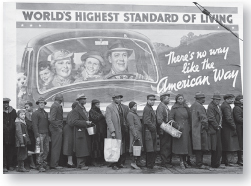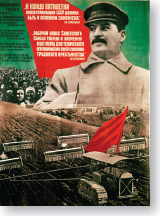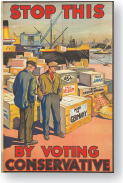Understanding World Societies:
Printed Page 951
> CHAPTER 30 STUDY GUIDE
PUT IT ALL TOGETHER
Now, take a step back and try to explain the big picture. Remember to use specific examples from the chapter in your answers.
|
THE GREAT DEPRESSION

|
THE AGE OF DICTATORS

|
|
THE SECOND WORLD WAR

|
LOOKING BACK, LOOKING AHEAD

|